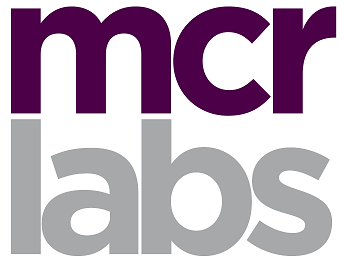 News Release
News ReleasePRESS RELEASE | SullivanCotter Welcomes Cathy Loose to Lead Employee Workforce Practice
SullivanCotter
SullivanCotter, the nation’s leading independent consulting firm in the assessment and development of total rewards programs, workforce solutions, and technology and data products for the health care industry and not-for-profit sector, is pleased to announce the addition of Cathy Loose as a Managing Principal and Practice Leader of the Employee Workforce Practice. For over 25 years, Cathy has advised employers in health care, higher education and global markets on all areas of broad-based, workforce compensation. She has also served as compensation consultant to companies in the biotech, pharma, hi-tech and life science industries. Having lived and consulted in various regions around the world, including Europe, Asia Pacific, Africa and North America, Cathy brings innovation to traditional total rewards and workforce planning initiatives, as well as to priorities driving diversity, equity and inclusion. “While we tend to think of health care as a U.S.-based industry, the world’s influence and international collaboration is increasing even in health care, challenging us to help our clients think differently about how they appeal to and reward today’s workforce,” said Ted Chien, President and Chief Executive Officer, SullivanCotter. “Cathy’s global experience brings a fresh perspective to our work and helps our clients remain agile during times of change like we have been seeing this past decade, and more specifically this past 18-24 months.” Cathy advises executive teams in developing enterprise-wide rewards philosophies, career architecture and compensation frameworks to align employee pay and incentives with their organization’s mission and key strategies. In addition, she helps redesign workforce rewards to drive and enable enterprise growth, organization realignments, business consolidations and merger and acquisition transactions. Before joining SullivanCotter, Cathy held leadership positions around the world at several large global consulting firms. She led a variety of practices including global mobility, broad-based compensation, total rewards and human capital solutions. She is a frequent speaker at national conferences on global, broad-based compensation and talent mobility, and she holds the designation of SHRM-Senior Certified Professional (SCP). Cathy is fluent in English, French and Vietnamese and proficient in Japanese and Mandarin Chinese. About SullivanCotter SullivanCotter partners with health care and other not-for-profit organizations to understand what drives performance and improve outcomes through the development and implementation of integrated workforce strategies. Using our time-tested methodologies and industry-leading research and information, we provide data-driven insights, expertise, data and technology products to help organizations align business strategy and performance objectives – enabling our clients to deliver on their mission, vision and values. Contact Details Becky Lorentz +1 314-414-3719 beckylorentz@sullivancotter.com Company Website https://sullivancotter.com
October 27, 2021 10:23 AM Central Daylight Time







